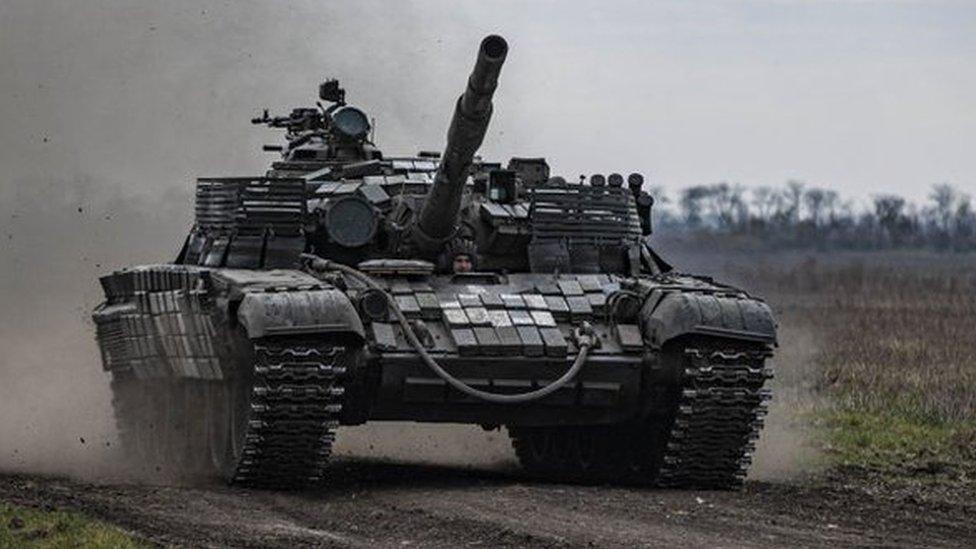Ukraine round-up: Zelensky's Kherson warning, war letters and watermelon
- Published
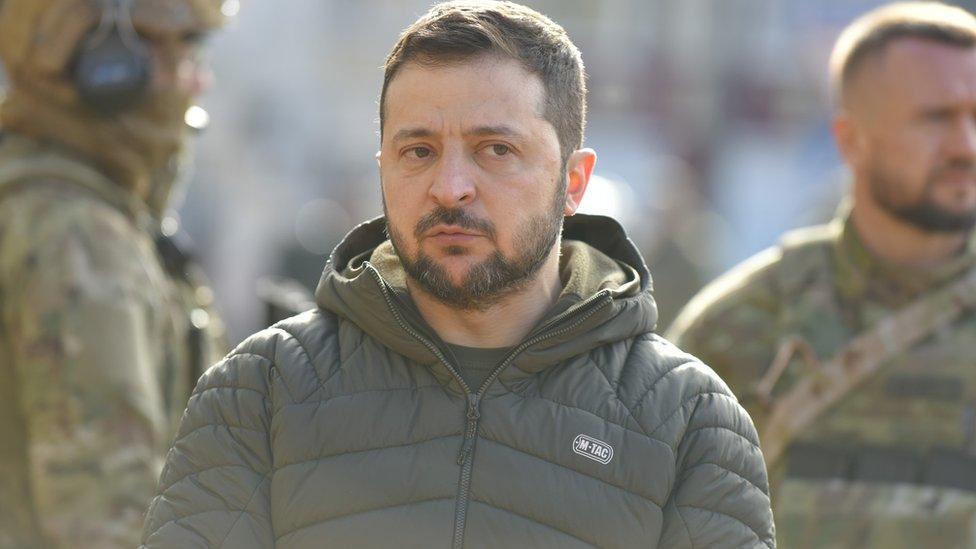
President Zelensky speaks to the press during a visit to the recaptured city of Kherson
A "long and difficult path" remains for Ukraine, President Volodymyr Zelensky has warned, days after Russian forces withdrew from Kherson.
But "step by step, we are moving towards all the occupied territories of our country", he told soldiers on a surprise visit to the southern city.
Losing Kherson is a major setback for Russia - though Moscow insists it remains Russian territory.
Locals celebrated, with a jubilant but cautious atmosphere in the city, according to the BBC's Jeremy Bowen.
Echoing that sentiment was Nato Secretary General Jens Stoltenberg, who warned it would be a "mistake" to "underestimate Russia".
"The coming months will be difficult," he told Dutch government officials. "Putin's aim is to leave Ukraine cold and dark this winter. So we must stay the course."
Read more:

Notes from a jailed anti-Putin activist
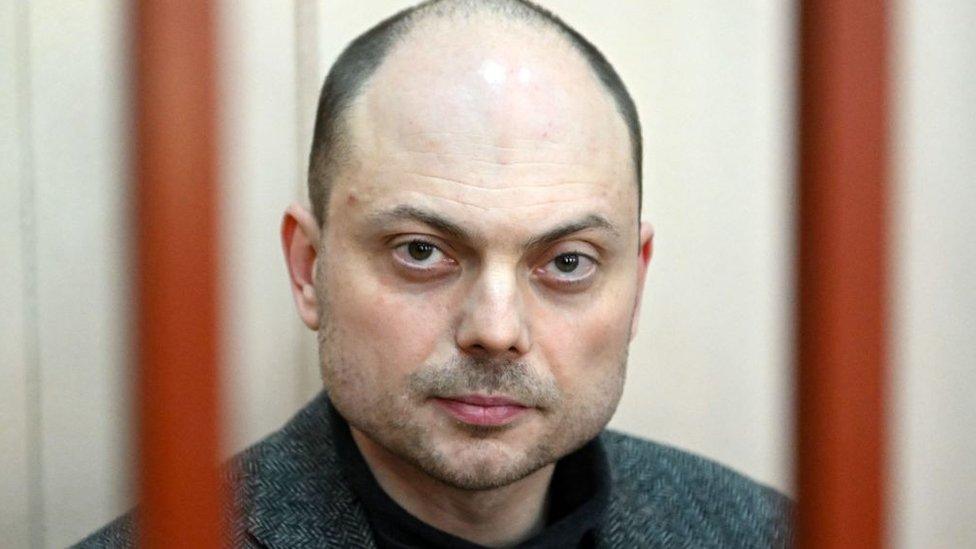
Vladimir Kara-Murza was imprisoned in April for criticising Russia's full-scale invasion of Ukraine
Meanwhile, jailed Russian activist Vladimir Kara-Murza has written a series of letters to the BBC's Sarah Rainsford, describing his reasons for standing up to Russian President Vladimir Putin over his war on Ukraine.
The "price of silence is unacceptable", he wrote from Detention Centre No. 5, adding "silence is a form of complicity".
Kara-Murza has long been an opponent of Vladimir Putin and an outspoken critic of atrocities committed by his military. Now he has been locked up and charged with treason and his wife, Evgenia, has not been allowed to speak to him since April.
She also talked to the BBC, saying she both "loves and hates this man [her husband] for his incredible integrity". Evgenia added: "He wanted to show that you shouldn't be afraid in the face of that evil and I deeply respect and admire him for that."
He nearly died after being poisoned in Moscow in 2015.

Zelensky and Kherson's watermelons
Watch: Ukrainian soldier clutching watermelon greeted by Kherson crowds
During President Zelensky's visit to newly liberated Kherson on Monday he joked that he was there because he "wanted a watermelon". He was referencing the fruit that has become an internet meme in the last few days - and a symbol of the southern Ukrainian region.
Most watermelons in Ukraine come from Kherson, a farming city on the Black Sea. Its humid climate allows the fruit to flourish.
But when Russia invaded Ukraine in February, watermelon exports came to a standstill, which is likely why the meme exploded in popularity once Russia's troops had retreated across the river.

Russian mercenaries defend killing video
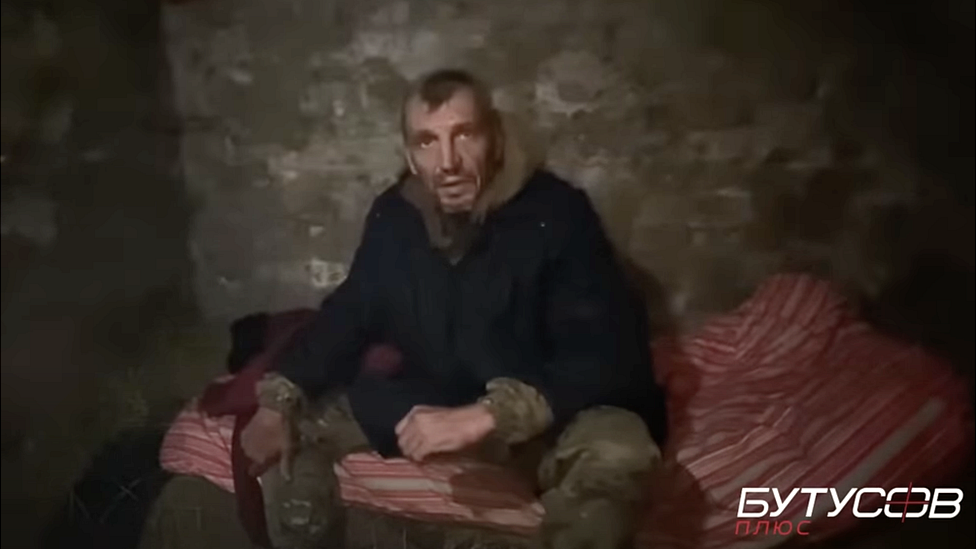
Yevgeny Nuzhin gave an interview to a Ukrainian journalist in September
Yevgeny Prigozhin, the leader of private Russian mercenary group Wagner, has defended a brutal video apparently showing the death of a recruit who defected to Ukraine.
Prigozhin - one of Vladimir Putin's close associates - said the unverified footage of Yevgeny Nuzhin, 55, being killed with a sledgehammer was "a dog's death for a dog".
In that video, Nuzhin says he was kidnapped while walking in the Ukrainian capital Kyiv and woke up in a cellar. Then an unidentified man appears to strike Nuzhin with a sledgehammer. He falls to the ground and is beaten to death.
Read more here about the footage, which was posted over the weekend on Telegram.

Questions over Zambia student killed in Ukraine
Zambian officials have asked Russia to "urgently provide information" on the death of student Lemekhani Nyirenda, who was fighting for Russia in Ukraine.
The 23-year-old, a student at the Moscow Engineering Physics Institute, had been serving nine years in jail for a drug offence. He died in September but Russia has only just informed Zambia's government.
The circumstances of his release from prison are unknown, but Russia has offered freedom to some prisoners in exchange for fighting in its war in Ukraine.
Related topics
- Published15 November 2022
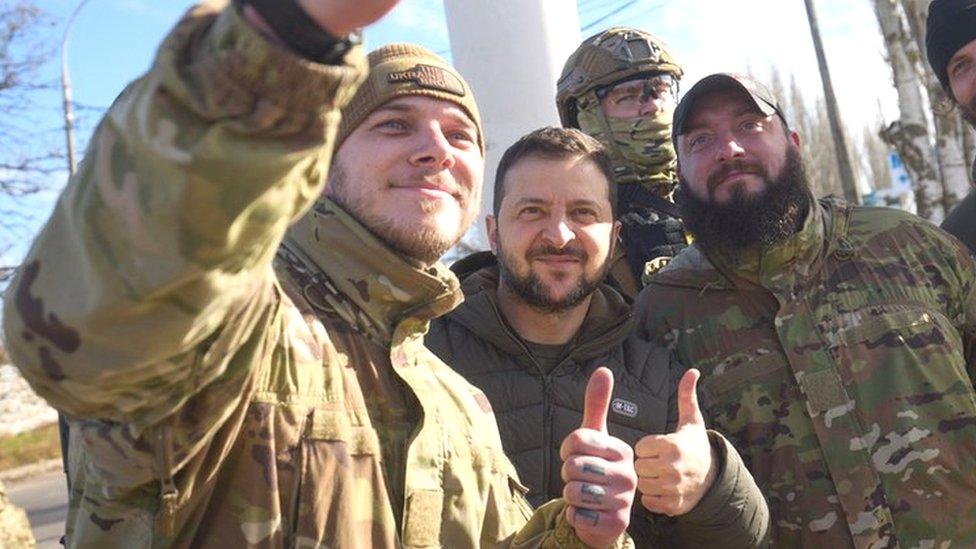
- Published14 November 2022
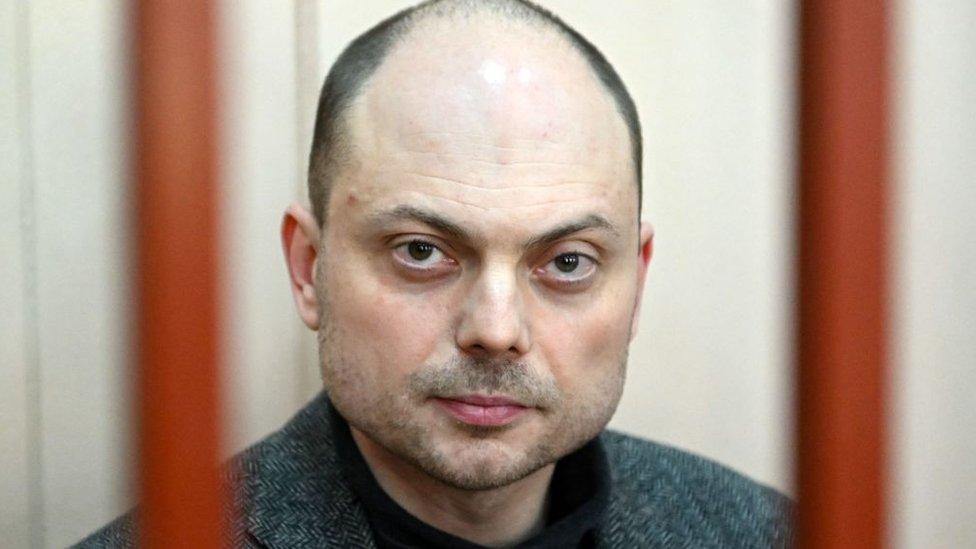
- Published14 November 2022
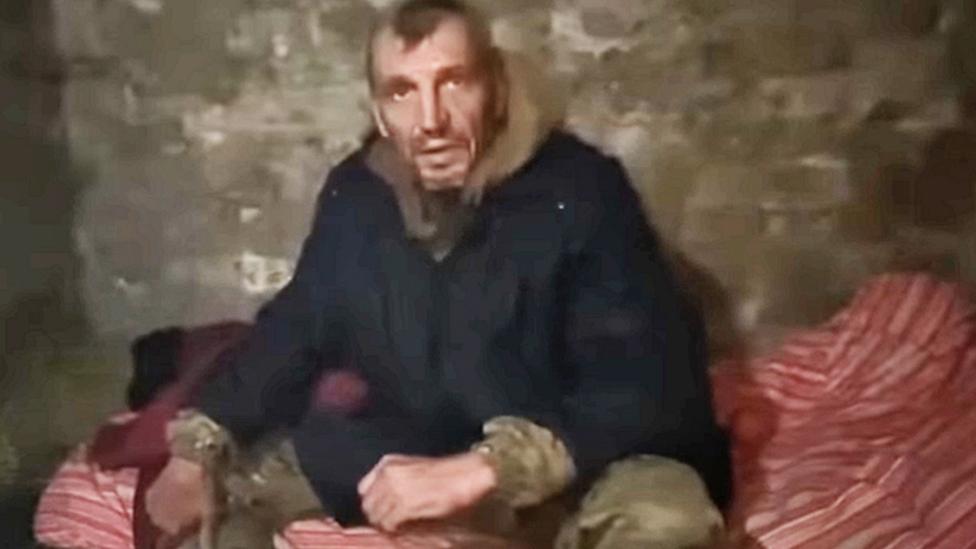
- Published15 November 2022
